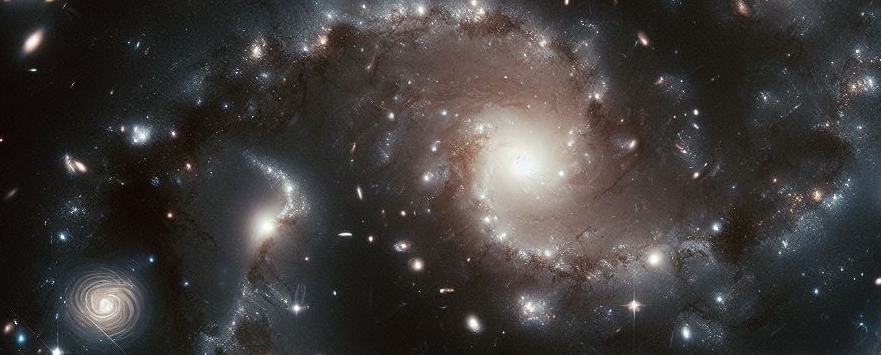“Reality is that which when you stop believing in it, it doesn’t go away.” Philip K. Dick: “Valis”, 1981
Semiotic triangle
Language has three basic components: symbol, meaning and reference. A linguistic symbol can appear as a sequence of sounds or visual signs. This triggers a mental image that may or may not have an extra-mental reference. The abstract number “2” has no extra-mental reference, but the term “house” does.
Matrix?
Ferdinand de Saussure1 removed reference from his linguistics. With this two-valued model, language loses its reference to the outside world. The important difference between an abstract concept (number) and a material object (house) is thus lost. It could all just be imagination. Is it reasonable to assume that we could also live in the “Matrix”2?
External world skepticism
Schopenhauer meant: “The world is my representation.” However, it would be less fancy to say: “My world view is my representation of the world”. The linguistic trick of equating world view and world creates a reference to the world also in the bivalent language model.
However, this is incomprehensible. As mental processes, ideas are largely private. How can it be explained in this model that different people can communicate successfully with each other at all? Ultimately, this requires an external entity that ensures a certain convergence of individual ideas - the real outside world.
Uncriticizability of outer-world scepticism
It cannot be proven that we do not live in the “matrix”. However, anything can happen in the “matrix”, but not in a world in which there is matter with fixed properties (the laws of nature). What is compatible with what is arbitrary remains unscientific as long as there is no ultimate justification. Questions of sense also arise: astronomy, for example, makes little sense without matter. With the outside world, the objects of investigation of the natural sciences also disappear. Society is also hardly conceivable without real people.
Instrumentalism versus the search for truth
Sometimes science is seen as a mere instrument of survival. However, the search for the origin of life or for dark matter in space has no strong relevance for practical life management. It is of no use to us in everyday life to know that humanity on earth will disappear when the sun blows up into a red giant in a few billion years.
In order not to reduce science to a purely practical endeavour, it should be understood as a search for truth. Progress in knowledge can be achieved by eliminating errors.

 Deutsch (Deutschland)
Deutsch (Deutschland)  English (United Kingdom)
English (United Kingdom) 